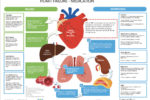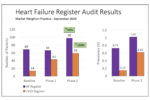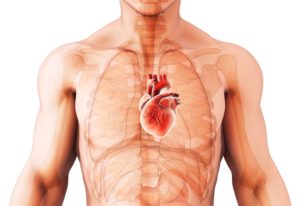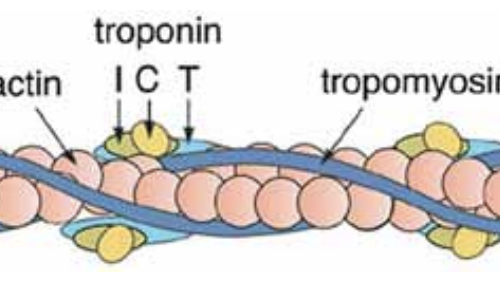It is hard to believe that time goes so quickly. The spring lambs in the fields are now all fat, while they were small and wobbly not two minutes ago. Summer is on its way – fingers crossed for some balmy days! I have the relief of some respite from travelling round the country delivering training sessions during the summer, as everyone is taking a well-earned break. Reflecting while on the train, I recognised again that I always learn more than the students whenever I teach. I would like to share some of these gems of wisdom so you can think about them over this summer period.


























